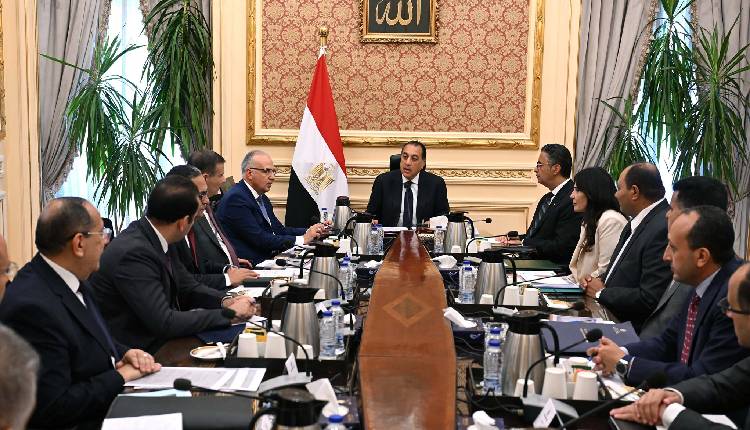
Egypt’s Minister of Water Resources and Irrigation, Dr. Hani Sweilem, has underscored the urgent need to enhance understanding and performance of the country’s water pumping stations through a comprehensive strategic plan.
Speaking at a high-level ministry meeting, Dr. Sweilem highlighted the importance of prioritising rehabilitation, replacement, and maintenance activities guided by clear technical standards.
The meeting reviewed the current state of pumping stations nationwide, assessing their technical conditions alongside human resource capacities. It also explored proposals for future improvements, including renovation, construction of new stations in critical areas, and upgrading the irrigation and drainage network to meet growing demands.
Dr. Sweilem instructed the Planning Sector, in collaboration with the Mechanical and Electrical Authority, to craft an integrated vision for this strategic overhaul, based on thorough evaluations from the Mechanical and Electrical Authority. In addition, he called for the swift development of both urgent and short-term operational plans aimed at minimising breakdowns in water pumping units.
A significant focus was placed on integrating advanced technology within the Mechanical and Electrical Department, aligning with the Ministry’s broader second-generation irrigation system (Irrigation 2.0) initiative. “Relying on modern technological tools that reduce electricity consumption at stations will help lower carbon emissions that contribute to climate change,” Dr. Sweilem emphasized.
The minister also tasked experts with studying and reforming the structure and staffing of the Mechanical and Electrical Authority to address current and future labour shortages. This includes defining workforce needs across specializations, implementing training programmes, and enhancing operational efficiency.
Furthermore, a comprehensive plan will be developed to equip water pumping stations with machinery designed to remove weeds and debris blocking canals and drains—critical for protecting pumping units from damage caused by waste.
Dr. Sweilem’s directives aim to secure Egypt’s water infrastructure against increasing environmental and operational challenges, ensuring sustainable water management for agriculture and urban supply in the years ahead.



